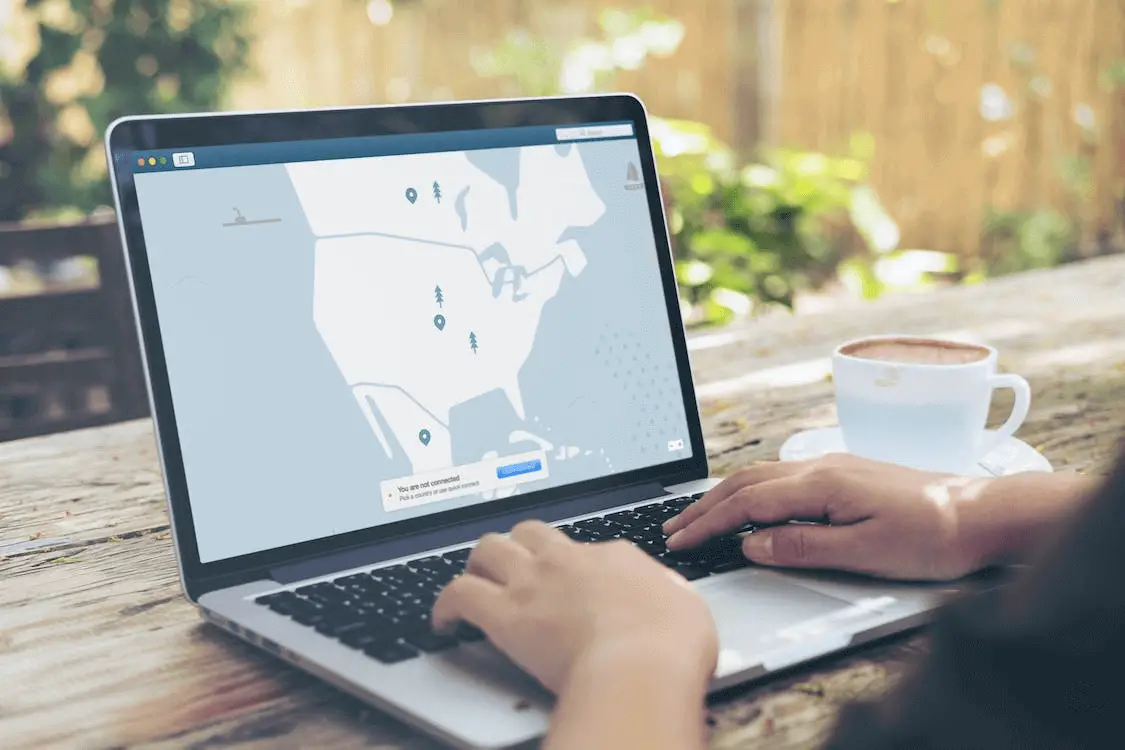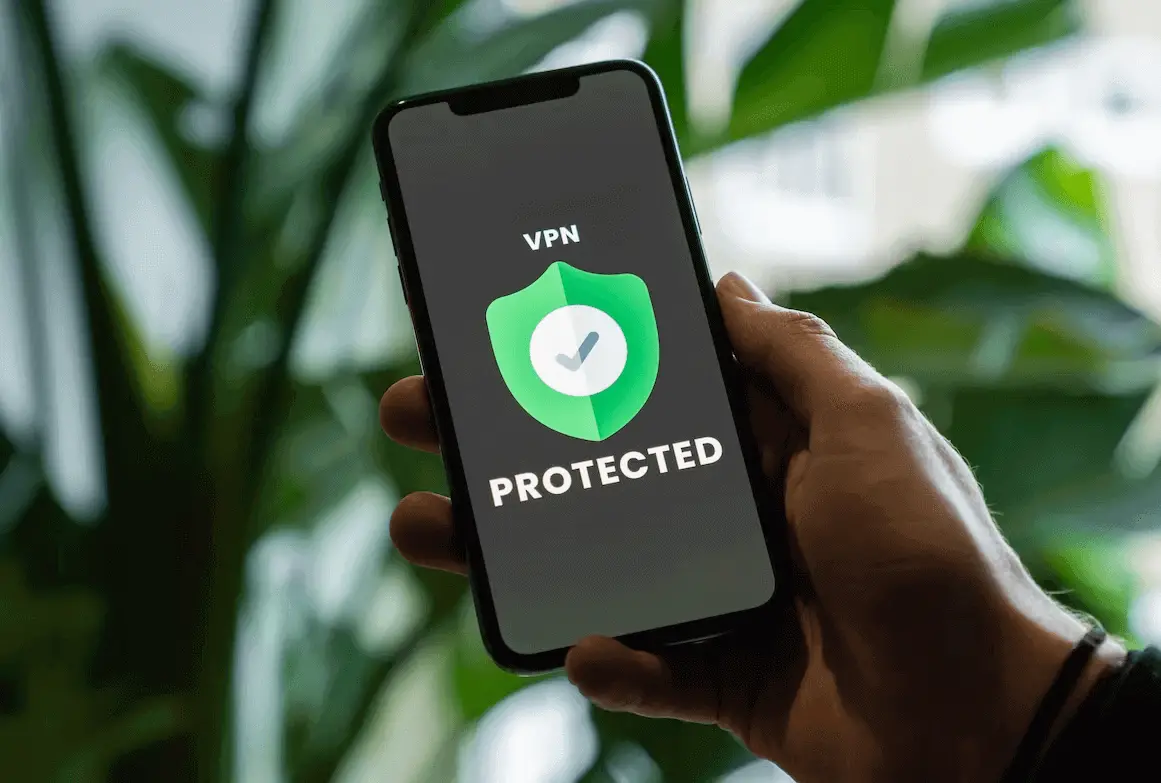
In today’s digital age, safeguarding your online privacy has become increasingly important. With the rise of cyber threats and the extensive tracking and surveillance practices employed by various entities, it’s crucial to take steps to protect your personal information. One effective tool for ensuring online privacy is a Virtual Private Network (VPN). In this blog, we will explore the world of VPNs, their role in safeguarding your online presence, and how they provide an extra layer of security for your internet activities.
Understanding VPNs
In today’s digital world, where data privacy and online security are paramount, it is crucial to understand your options clearly. A VPN, or Virtual Private Network, is a technology that allows you to create a secure and encrypted connection between your device and the internet. When you connect to a VPN, your internet traffic is routed through an encrypted tunnel, ensuring that your data remains private and secure from prying eyes. This prevents hackers, ISPs, and other entities from intercepting and monitoring your online activities.
Privacy Threats Online
Online privacy threats are ubiquitous in today’s interconnected world. Data tracking, surveillance, and hacking incidents have become increasingly prevalent. Additionally, using public Wi-Fi networks can expose your sensitive information to potential attackers. Cybercriminals can easily intercept data transmitted over these networks, compromising your privacy and exposing you to various risks, including identity theft.
Benefits of Using a VPN
Using a VPN offers several notable benefits in terms of privacy and security. Firstly, it provides anonymity by masking your IP address and location. When you connect to a VPN server, your real IP address is replaced with the server’s IP address, making it difficult for websites and online services to track your true location and identify you.
Furthermore, VPNs enable data encryption, securing your internet traffic and preventing unauthorized access. This is particularly important when accessing sensitive information or conducting financial transactions online. The encryption provided by VPNs ensures that even if your data is intercepted, it remains unreadable and protected.
Moreover, VPNs allow you to bypass geo-restrictions and access blocked content. By connecting to a VPN server in a different country, you can appear as if you are browsing from that location. This feature is particularly beneficial for individuals living in regions with restricted internet access or for those who wish to access region-specific content or streaming services.
How VPNs Protect Your Online Presence
VPNs protect your online presence in multiple ways. Firstly, they encrypt your internet traffic, making it virtually impossible for anyone to intercept and decipher your data. This is especially important when connecting to public Wi-Fi networks, as it ensures that your sensitive information, such as passwords or financial details, remains secure.
Additionally, VPNs mask your IP address, preventing websites and online services from tracking your online activities. By using a VPN, you can browse the internet with enhanced privacy and avoid targeted ads or personalized tracking.
Choosing the Right VPN
When it comes to choosing the right VPN, there are several factors to consider. Firstly, look for a reputable provider with a strong track record in privacy and security. Check their privacy policy to ensure they don’t log your data. Consider the encryption protocols used and the number and location of their servers. Look for user-friendly applications that are compatible with your devices. Compare pricing plans and features to find one that suits your needs. Reading user reviews and seeking recommendations can also help you make an informed decision.
Setting Up and Using a VPN
Setting up and using a VPN is relatively straightforward. Most VPN providers offer user-friendly applications that can be installed on various devices, including smartphones, tablets, and computers. Once installed, simply launch the VPN application, choose a server location, and connect. The VPN will handle the rest, encrypting your connection and ensuring your online privacy.
It’s important to note that while using a VPN is effective in safeguarding your privacy, it may impact internet speed due to the encryption process. However, many reputable VPN providers offer fast and reliable connections, minimizing any potential slowdown.
Additional Privacy Measures
While VPNs provide a significant layer of protection, it’s essential to adopt additional privacy measures. This includes using strong, unique passwords for your online accounts, enabling two-factor authentication whenever possible, and keeping your devices and software up to date with the latest security patches. It’s also crucial to stay informed about current online threats and practice safe browsing habits.

Protecting your online privacy is of paramount importance in today’s digital landscape. VPNs offer a powerful solution for safeguarding your online presence and ensuring that your personal information remains private and secure. By encrypting your internet traffic, masking your IP address, and providing anonymous browsing, VPNs significantly enhance your online privacy and security. Consider utilizing a reputable VPN service to take control of your online presence and enjoy a more secure browsing experience.

